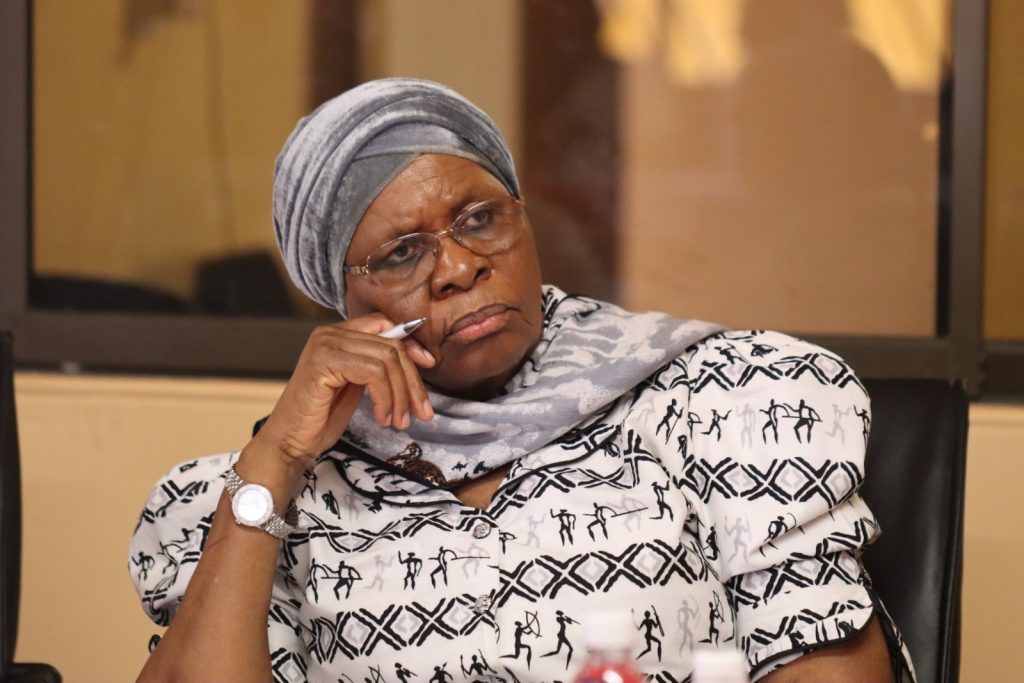
President Netumbo Nandi-Ndaitwah has called for swift and decisive action to tackle persistent shortcomings in Namibia’s financial sector, including unequal access to banking services, high costs, and limited support for youth-led businesses.
Speaking during the Bank of Namibia’s 35th anniversary and the launch of the country’s upgraded banknotes and coins, the President said the current system continues to marginalise large segments of the population.
“Access to financial services remains uneven, with rural communities and those engaged in the informal economy still largely excluded from the mainstream financial systems and services, and they are the majority in our country,†she said.
Nandi-Ndaitwah highlighted several structural barriers, including a lack of transformation and localisation in the sector, as well as poor digital financial literacy, which she said is leaving many Namibians vulnerable to fraud and financial exclusion.
“Digital financial services are expanding rapidly, with many people still lacking the skills and confidence to use these safely and effectively,†she said.
Responding to growing concerns over the high cost of banking, the President directed the Bank of Namibia to intensify efforts to regulate fees and ensure that services remain accessible and affordable.
“I urge the Bank of Namibia and the Ministry of Finance to work together and release regulations to ensure that fees and charges serve the public interest and are proportionate to the services provided by financial intermediaries,†she said.
She further raised concerns about limited access to financing for young entrepreneurs, warning that this is undermining job creation and broader economic growth.
“Youth development is another national priority that requires urgent financial sector responsiveness. The majority of our population is young, yet youth-owned enterprises continue to face systemic financing hurdles,†she said.
To address this, Nandi-Ndaitwah announced the imminent launch of a National Youth Fund, aimed at improving access to capital for young people. She urged commercial banks to support the initiative.
“I urge the financial institutions, particularly commercial banks, to play and support this noble national initiative,†she said.
Cabinet has also approved the Namibia Financial Sector Transformation Strategy (2025–2035), which will be launched on 28 July. The strategy aims to address long-standing weaknesses in the sector.
“This ten-year strategy is both relevant and timely, providing a structured roadmap to address these weaknesses and unlock the full potential of our financial system,†she said.
The President welcomed the Bank of Namibia’s decision to narrow the spread between the Repo Rate and the Prime Lending Rate by 25 basis points, saying this would help ease lending costs.
Turning to the launch of the upgraded currency, Nandi-Ndaitwah said the new notes and coins symbolise both technological progress and national identity.
“The fact that the Namibian Dollar is stable fosters public confidence in our government policies and provides ordinary Namibians with both opportunities and access to the formal banking sector,†she said.











